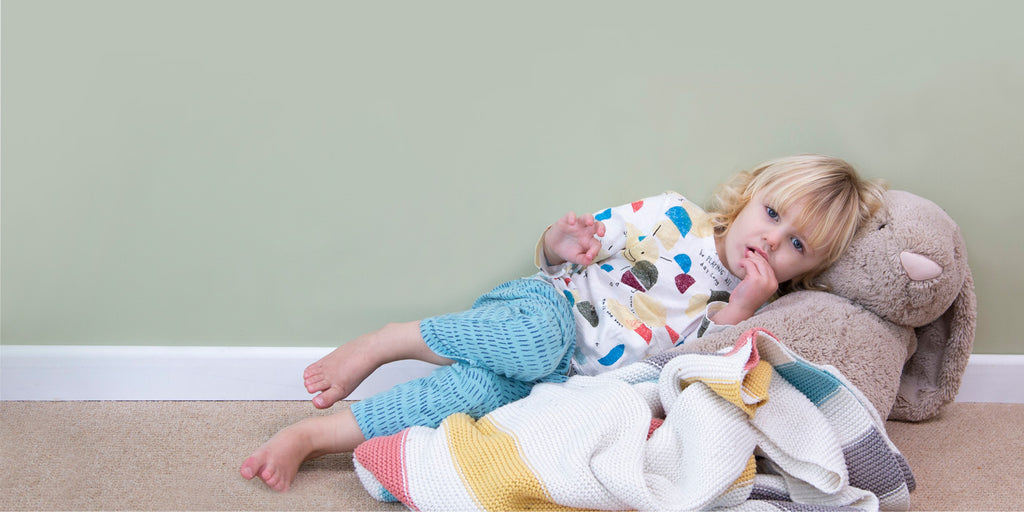Skirting (those wooden boards that run round the edge of the room at floor level) possibly isn’t something you have ever given a lot of thought to. After all, it sits well below eye level and doesn’t have the ‘wow factor’ of furniture and pictures, and we normally paint it white by default. If you are redecorating, though, it’s well worth putting some thought into this area as painting your skirting different colours can really alter the overall look of the room.
So why do we have skirting boards anyway?
Why do we even need them? A newly plastered wall tends to shrink, and a gap can appear between the bottom of the wall and the floor. A skirting board hides that nicely and makes a neat finish at the bottom of the wall. It also protects the bottom of the wall from damage from vacuum cleaners, toys and more, and means a carpet will fit neatly underneath.
Why are skirting boards normally white?
Having established what they do, why do we always paint them white? Really, there is no reason other than habit. The custom likely started in the 1950s, when a great deal of post-war housing had to be constructed quickly. White was cheaper and easier to apply in bulk, went with any other colour and gave a clean effect.

White skirting can look great and can be used to frame a darker paint colour on the walls. We think, though, that automatically painting your skirting white could mean you’re missing an opportunity!
How to choose a colour for your skirting boards
When choosing a colour scheme for your skirting, you basically have two options – contrasting and continuous. Contrasting means using two completely different colours or shades of the same colour, and continuous means painting your skirting the same colour as the walls. Either can work very well, depending on the look you want to achieve.

If you choose a continuous colour and carry your paint colour down onto the skirting boards, this can help make a small room appear bigger by reducing the amount of different features that the eye has to focus on. It is also easy to get a neat finish if you’re doing your own decorating.

Using two contrasting colours on the walls and skirting can be as subtle or as punchy as you want. Dark blue, grey or green walls can look fantastic paired with crisp white skirting for contrast. Alternatively, painting skirting a slightly darker or lighter version of the main wall colour can work well, helping to ‘lead’ your eye into the room. You can even introduce an entirely new colour with the skirting boards, then reinforce it with accessories such as lamps and cushions. The advantage of this method is that it makes changing the whole look and feel of a room both simple and cost effective.
For more inspiration, take a look at our range of top quality, VOC-free paint and help your room look its best.



